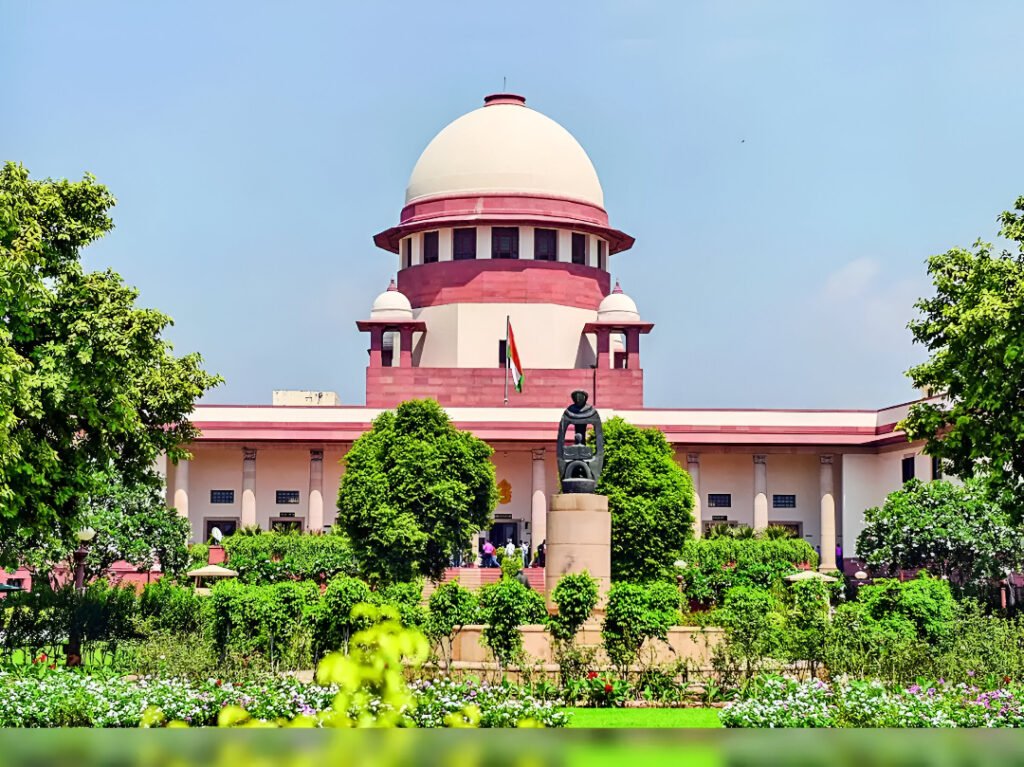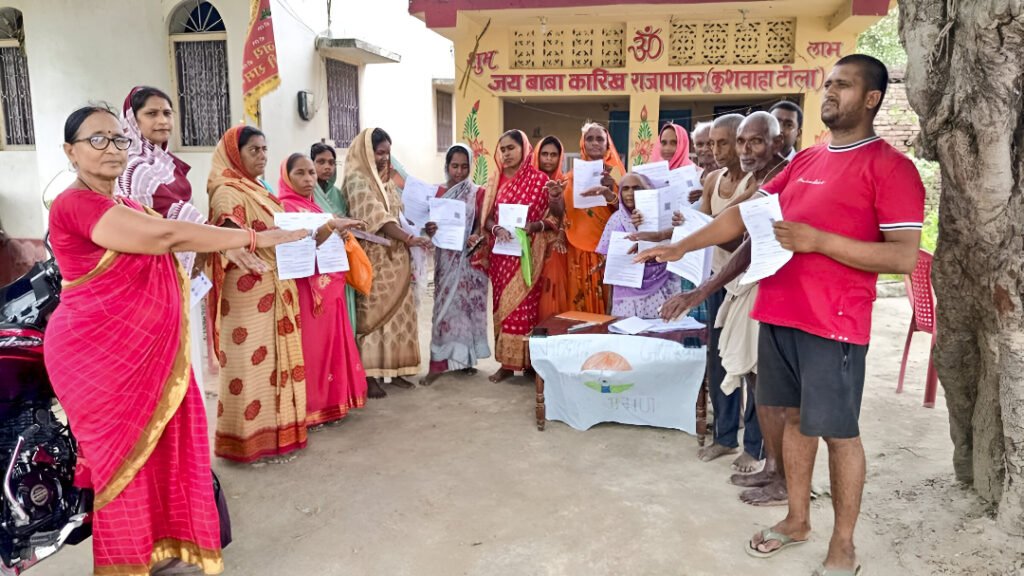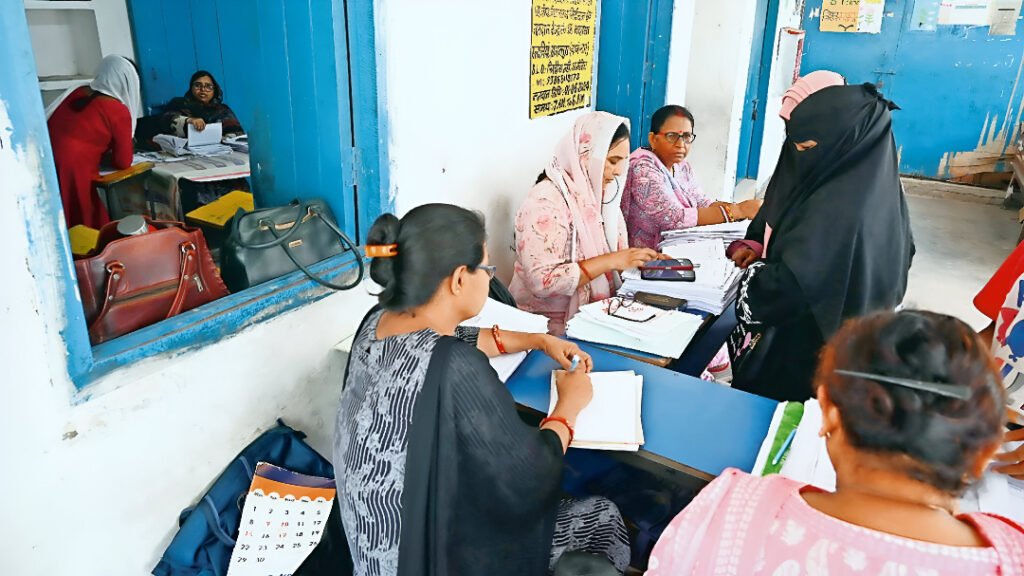
The Supreme Court of India is presently adjudicating critical petitions contesting the Special Intensive Revision (SIR) of the electoral rolls of Bihar by the Election Commission of India in the lead-up to the Bihar assembly elections scheduled for later this year. At the heart of the matter is the allegation of the constitutional validity of the methodology and legal reasoning of the SIR exercise, especially concerning the justification for the deletion of a substantial number of voters. The Supreme Court has suggested that the consequences of this revision could potentially be invalidated as late as September 2025 if any illegalities are discovered in the process. This article analyzes the position of the Supreme Court, the defense of the Election Commission, the opposing party’s concerns, and the possible solutions moving forward.
Context: The Special Intensive Revision in Bihar
The Special Intensive Revision (SIR) of the Bihar electoral rolls was initiated by the Election Commission of India on the 24th of June, 2025, as a methodical process to address inaccuracies for the forthcoming Bihar assembly elections slated for November 2025. The SIR process is to certify every eligible voter by factoring in demographic changes, mortality, emigration, purging ineligible voters, and illegal immigrants. In the draft that was published on August 1, 2025, approximately 6.5 million names were removed from the list, while 78.9 million voters were considered for revision.
This revision is the first one done in over twenty years and is exhaustive in nature, conducted by Booth Level Officers (BLOs) accompanied by rigorous door-to-door verification. The SIR exercise works under the authority of ECI as outlined in Article 324 of the Constitution and Sections 16 and 21 of the Representation of the People Act, 1950.
Supreme Court’s Observations: Potential for Setting Aside the Revision
The Supreme Court, led by a bench of Justices Surya Kant and Joymalya Bagchi, has taken a nuanced view:
- The Court went on to permit the SIR exercise, while simultaneously urging for heightened safeguards against any form of “mass exclusion” and arbitrary deletes.
- The Court did mention, however, that the SIR results were open to be nullified as late as September (two months prior to assembly elections) should any unregulated, illegal, or flawed governance come to light during the exercise.
- The judiciary was critical of the absent nature of documents such as the Aadhaar and claimed that the ECI should treat Aadhaar, ration cards, and voter IDs as valid proofs for inclusion.
- It noted the Election Commission is responsible for the accuracy of the electoral rolls; however, the determination of citizenship rests with the Union Home Ministry, not the ECI.
The Framework of the Citizenship Act of 1955 provides for the conferral of citizenship upon the ECI. This is the reason the Court did not entertain the ECI’s argument concerning the denial of citizenship, as it seeks to ensure the minimal possibility of statelessness.

Legal and procedural challenges
Consisting of members from the Congress Party, RJD, and CPI, along with some advocacy groups, they have challenged the SIR on several issues:
- Allegation that Aadhaar and other identity documents are not meant for voter verification.
- Concerns regarding the rationale behind the removal of 650,000 voters from the list without adequate justification.
- Fear that removal would result from a deliberate targeting of minority people within border districts.
- Claim that ECI did not possess the constitutional power to question citizenship—these are matters for the Ministry of Home Affairs to resolve.
The Election Commission stated that while seeking to defend the exercise, bordering on some systematic mistakes are bound to happen, especially with the scale of revision; however, they assured that there are safeguards through advance notice, opportunities for challenge, and a layered appeal structure after the review.
Important Principles and Protections Integrated by the Court
- No voters entitled to participate should be removed without prior notification detailing the reason for the proposed removal.
- The Election Commission of India (ECI) shall offer chances that are not unreasonable to submit documents and contradict contestable exclusion.
- The Court declares that the revision must comply with the requirements of natural justice.
- The SIR should admit major identity documents like Aadhaar, ration, and electoral photo identity cards for voters to be less unnecessarily excluded from the electoral roll.
- The exclusion of voters by the ECI on the grounds of reasonability of citizenship status is impermissible. The determination of citizenship status rests with the Union Home Ministry and other central government bodies.

Election Commission’s Defense and Review Still in Progress
As for the Election Commission:
- SIR is essential in removing inactive voters and duplicates as well as preventing fraud from primary and secondary as well as fake voters.
- This is particularly important in assuring democratic processes because the last comprehensive revision was over 20 years ago.
- To enhance inclusion, the commission has mobilized almost 2.5 lakh volunteers and government officials to help voters submit the required documents.
- Public and political parties have access to draft rolls, and claims or objections can be filed until early September 2025.
- This phase incorporates strong verification systems as well as multiple levels of appeals, and the final roll publication is set for September 30, 2025.
Consequences for the Coming Bihar Legislative Assembly Elections
The Supreme Court’s latest decision and hearings have heightened tensions in Bihar relating to the forthcoming elections. The issue as to whether the registration of voters is accurate will have significant implications for democratic credibility. This is an equally big concern of the protection of voters’ rights. The Court’s approach of balancing the risk of arbitrary exclusion with the possibility of illegal revision is a strong protection against arbitrary exclusion.
Political organizations are focusing on the SIR system and consolidating support in the impacted regions, and the political parties are much more active than before. The Election Commission faces increasing expectations to demonstrate how fair and open the process is.
Conclusion
The Supreme Court’s approach to the revision of the Bihar voter roll epitomizes the challenge of reconciling the different facets of the demographics of a society, as electoral precision, legislation, and voter entitlement interplay. The Court still affirms the exercise of control as a bulwark against excesses of arbitrariness by granting the Special Intensive Revision process, but subject to the outcome being set aside if the revision process is discovered to be riddled with illegality or injustice. With the approach of the deadline set for September, both the Election Commission and the petitioners now become the center of attention and scrutiny, with the prospects of a couple of million voters from Bihar dangling as the outcome.
Compliance with the constitutional boundaries that have been established, proper informing of voters, and active and objective monitoring by the judiciary enforce the revisions made to the electoral role of the voters to properly embody the population of Bihar entitled to vote in the elections.











